Implementing the Ukrainianization playbook
They are not their own masters, and are carrying out the orders of the city administration. They are simply following the script they are given, Pal Popovics, an IT teacher at the Rakoczi Ferenc II secondary school in Mukachevo, said of the new school leadership at the Hungarian educational institution in Ukraine. As we wrote earlier, a Ukrainian principal and deputy principals were appointed to head the school in Transcarpathia at the beginning of the academic year - despite the ongoing legal case regarding the unexpected replacement of the school's previous, Hungarian head.
In essence, they told us what we didn't want to hear: that their plan is to Ukrainianize our school, since this is Ukraine, and you have to speak the state language, and obey the country's laws,
Mr Popovics explained the overt goal of the new management. According to the teacher, the plans cite the Ukrainian education law, which states that there are no ethnic schools, only Ukrainian ones, and that next year all subjects - at least the majority of them - must be taught in the Ukrainian language.
In 2017, the Ukrainian parliament introduced a draft law, which made it practically impossible to teach indigenous national minorities in their mother tongue. According to the proposal, students are to have twenty percent of the subjects in the fifth grade taught in Ukrainian, with gradually increasing proportions in each subsequent grade, until eighty percent of subjects in the tenth grade are presented in Ukrainian. The draft's Article 7, which states these stipulations was originally to enter into force in 2023, but
as a result of the heated debate over language use, Kiev approved so many changes that the transition to the Ukrainian language has been postponed by one year, until September 1, 2024.
At the same time, The informatics teacher explained that the Ukrainian school management interpreted this to mean that because next September all teaching would be solely in Ukrainian, the gradual transition is to be implemented during the course of the current academic year in the Mukachevo institution.
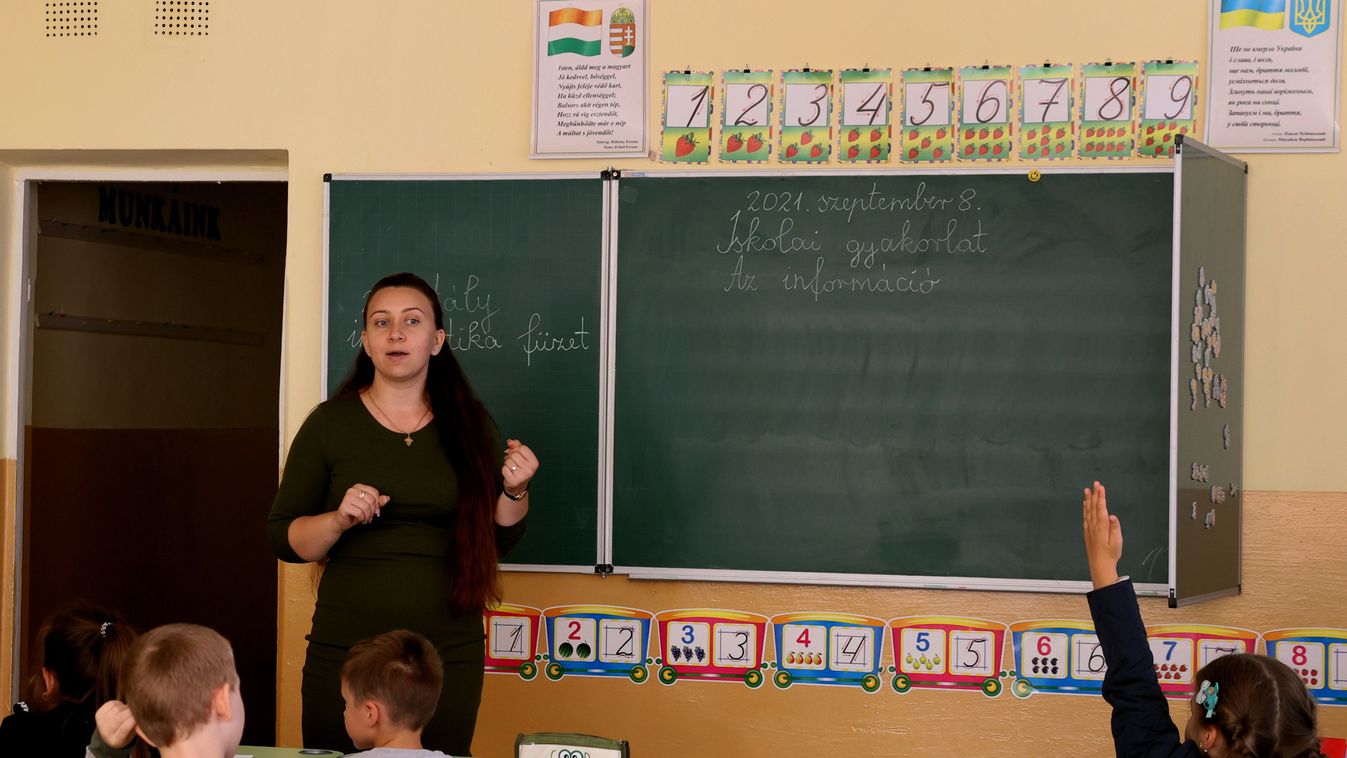
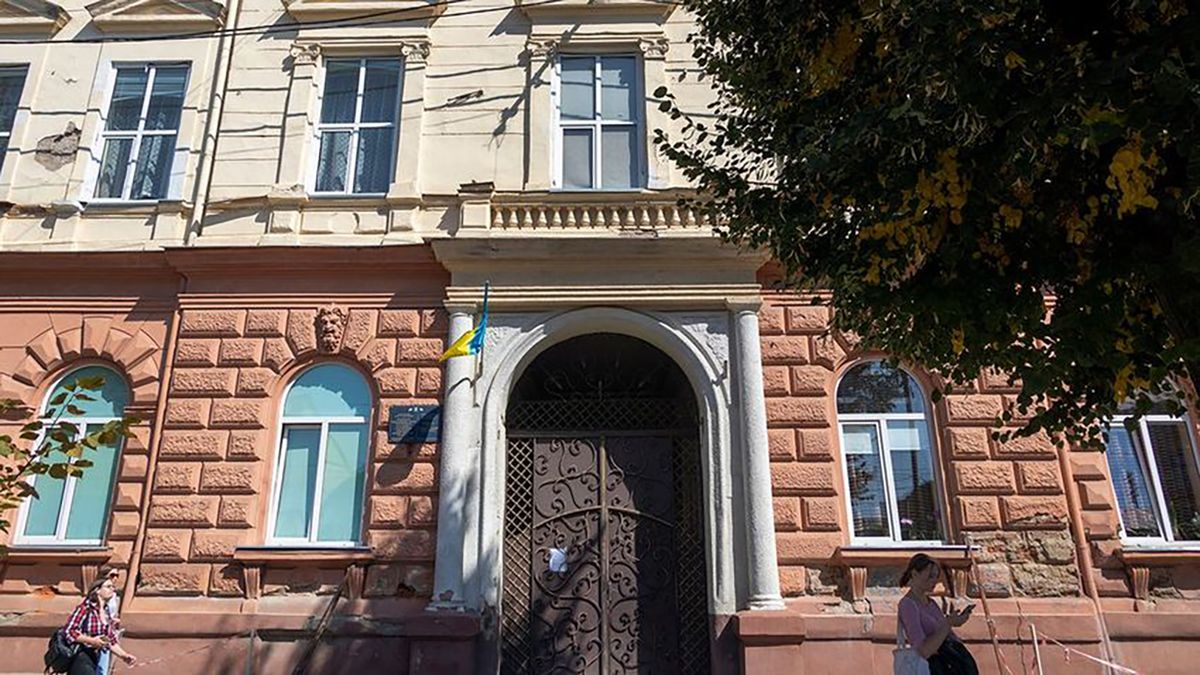

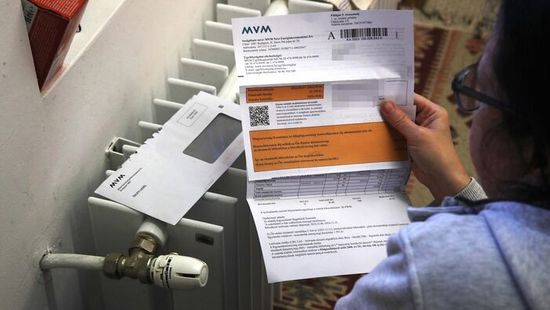
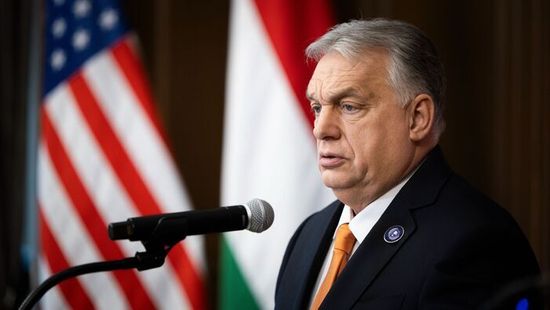
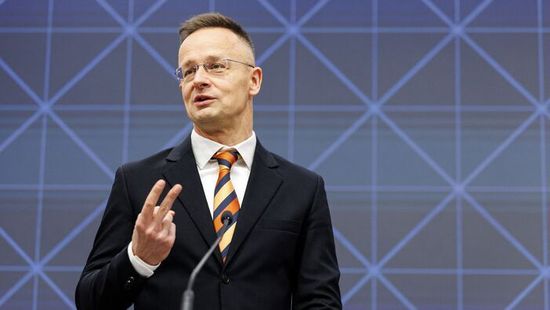


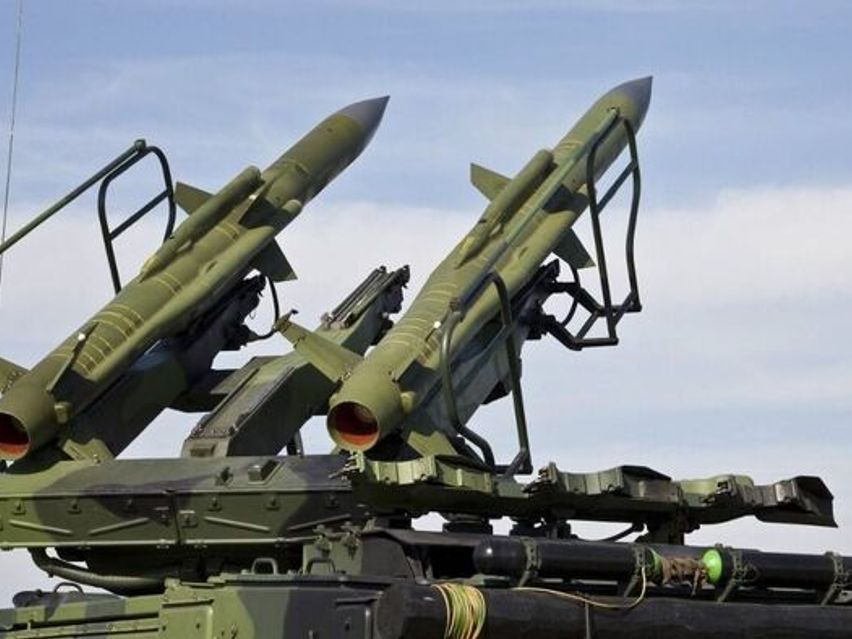

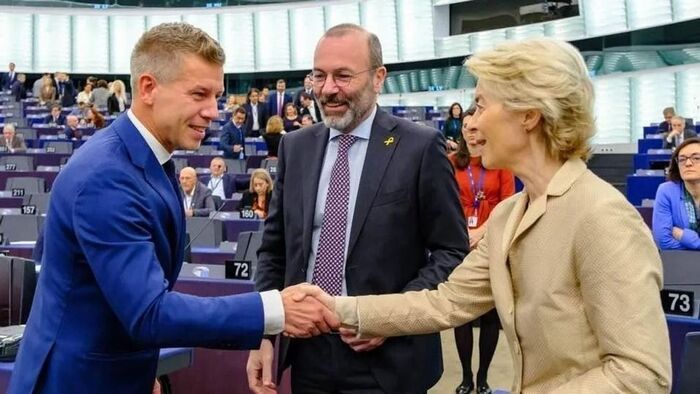


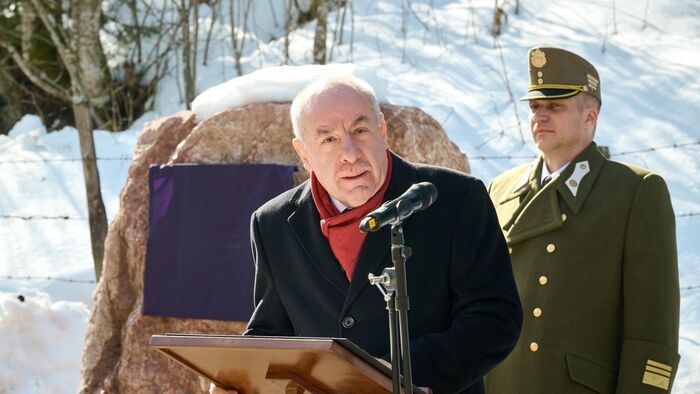
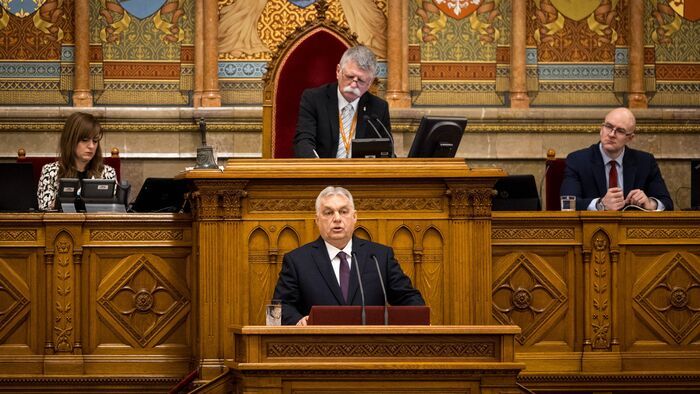

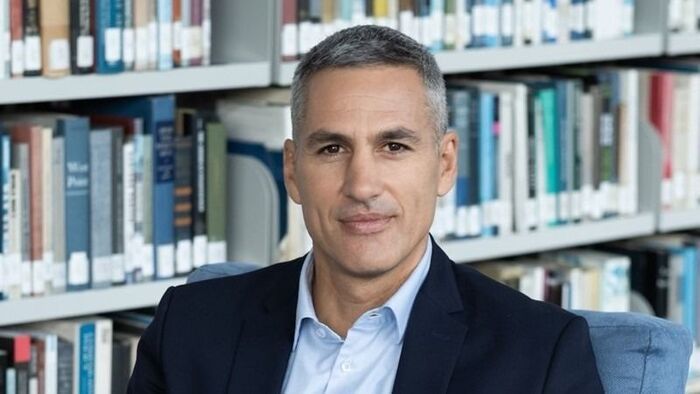
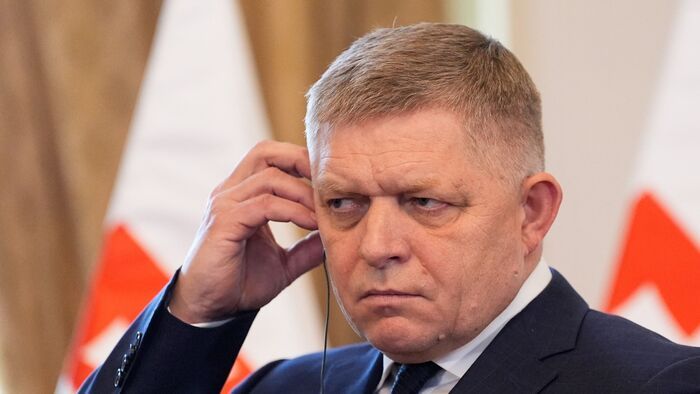
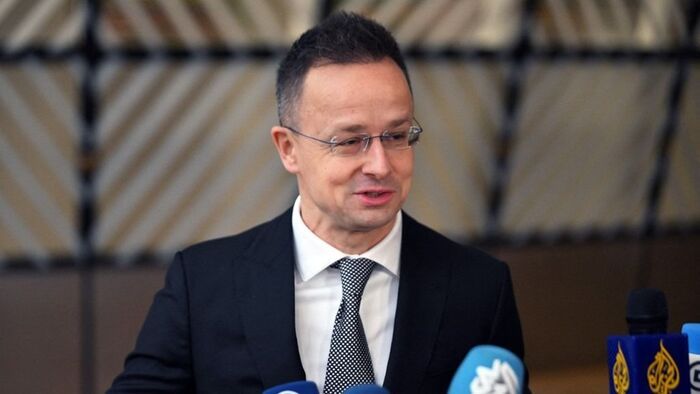





Szóljon hozzá!
Jelenleg csak a hozzászólások egy kis részét látja. Hozzászóláshoz és a további kommentek megtekintéséhez lépjen be, vagy regisztráljon!